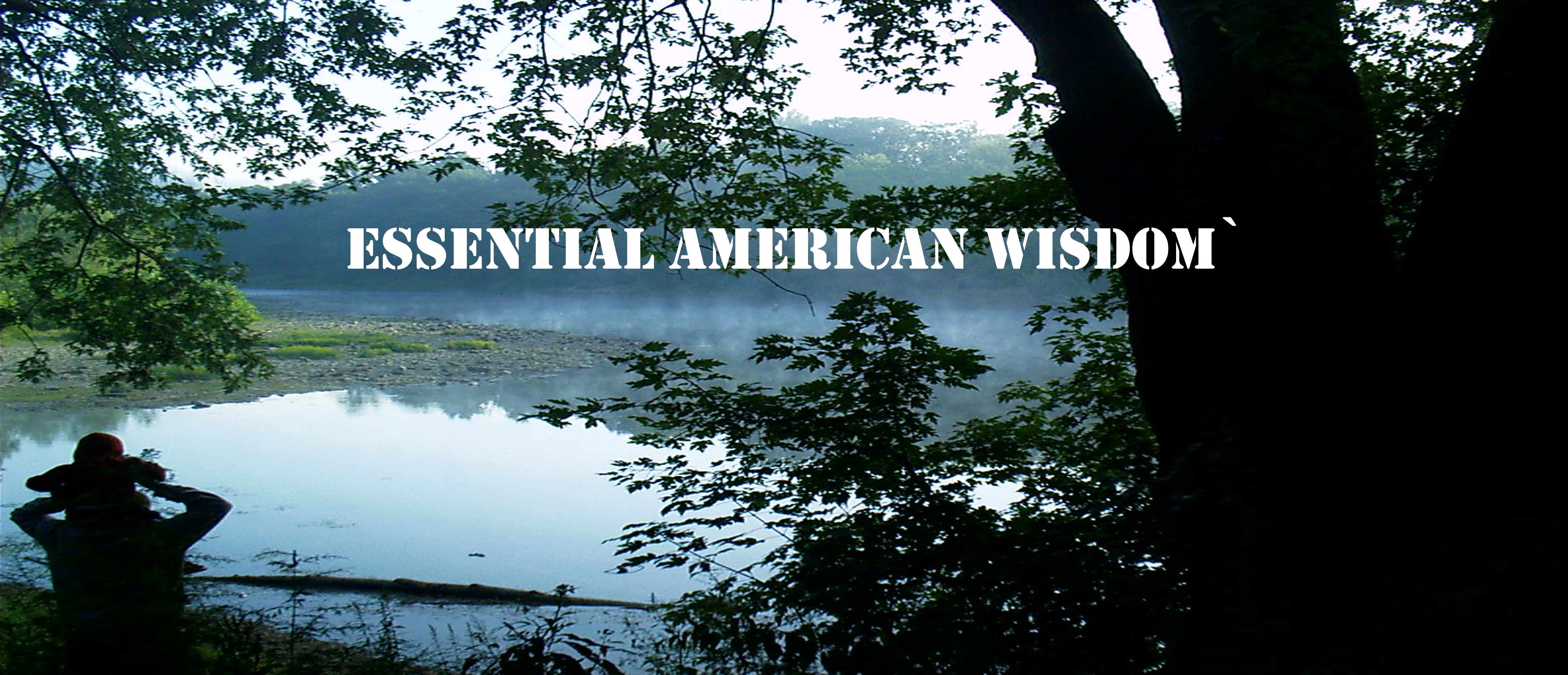
By themselves, words like ‘transform’ can be harmless enough. It’s just a word after all, but when words are strung together in, just the right way, in order to elicit a desired reaction or response, they can be just as destructive – if not more so – then knives or bullets or bombs.
Since the dawn of human verbal communication, words have been the weapon of choice for inspiring people to act in specific ways, productive or otherwise, ofttimes even in contrived ways, in order to mislead or misinform or subjugate the masses.
Words can also inspire love and hate and happiness and sadness. They can inspire grief and joy as well. They can encourage people to act, or not, according to the desired outcome of the person behind the utterances.
The word “transform”, however, has a special reserved seat at the table of those words most likely to inspire people to gather and mobilize.
‘Change’, perhaps, or ‘alter’, or maybe even ‘tweak’ or ‘refine’ would be suitable words for use when talking about taking a thing and making it different. These words are easy on the ears when softly delivered, and are much less likely to inspire fear and anger amongst the masses. Such cannot be said, however, about the word ‘transform’, because it almost always implies that something is going to be gained for some at the expense of others.
We have seen this word used quite frequently in recent years on the battlefield of American politics and culture. Politically, just about everyone aspiring to elective office promises to transform the country in one way or another in order to please this or that demographic they believe will help them get elected.
We hear the word, as well, on the battlefield of sexual or gender identity. In the past 10 years alone, as part of the latest sexual revolution, we are even watching battles rage over just how many genders there actually are.
In all cases, however, notably absent from the human conversation regarding ‘transformation’ is the matter of ‘consequence’.
Summed up nicely in Newton’s third law of motion (“For every action, there is an equal and opposite reaction”), the inarguable truth as it relates to matters of the Human Condition, is that any attempt at substantive, transformational change thrust upon cultures and societies will be met with resistance of matching strength and proportion. And, in every case throughout the history of mankind, these human events result in chaos and disarray amongst the various social classes.
Even the most casual of glances back into history would reveal how many times, and for what reasons, competing social classes and constituent demographics have wage war with each other over ideological differences. Inevitably, from the Mayans and the ancient Egyptians, through the Greeks and Romans, and all the way up to the present time, each of these dynastic experiments in how to civilize Humanity has collapsed under the weight of its own misguided presumption of moral or intellectual supremacy.
Some of these collapses were the direct result of Kings and Nobles, consumed by power and an overinflated sense of self-importance. Sometimes it happened because foreign actors saw an opportunity to fight for, and claim for themselves, the wealth and power of someone else they perceived as too weak to defend themselves against a highly motivated foe. It can be fairly argued, however, that it has been the societal collapses within and between rank-and-file citizens themselves that have caused irreparable damage and ultimate destruction of these eventually-failed societies.
Very little coaxing of the reader is required to appreciate the fragility of America’s Society as it is operating today. This is not to suggest that the demise of the American society is a foregone conclusion, or that Newton’s third law ever intended to suggest that the trajectory of motion could not be harnessed or redirected, but it should serve as a reminder that mankind has thousands of years of experience with rising and ultimately collapsing attempts at civilizing the species.
Thus far, however, every attempt at societal harnessing and redirection has failed and the most important lessons of societal survival remain unlearned.
[Featured image credit: Hulk Fandom]





Taking notes I can see several points for further discussion here, Ed (if I can call you that, since I can’t read Mandarin).
1) The first would be about the special nature of American society, compared to all the societies that have gone on before us. a) If America is not an accident, a freak of nature, then it had to be the result of an Intelligent Design. I believe this, and call Him God, and btw, believe this can be prove it with Logic, at least against all logical rebuttals. b) If for 400 years we have passed that common denominator from generation to generation and kept our society whole despite all natural obstacles, then when suddenly, almost 400 years later, we begin to see it slip away, logically, it would not be because of natural causes either. Rather all the good things that made up the corpus of the American soul are slowly being peeled away, only not by nature but also due to an intelligent plan and planner. I think can also be argued logically. I have always called this great schemer Satan. Or Old Clootie, as we used to close once upon a time. But people who aren’t acquainted with these creatures, I think we can still make the case for a kind of intelligent design in the rise and the looming fall of American society that does not explain the rise and fall of other great civilizations, as I can find no basis for the God of Abraham and Christ giving a hoot in hell about the rise of Rome, Egypt, Greece, or the Hangs of China.
Just a thought.
You can call me anything you want my friend, as long as it’s not” late for dinner”:-) I believe you are onto something with your comment Vassar. This is an excellent first opportunity to kick the tires in the forums. Do you think one named ” Intelligent V. Random Design” is Broad enough, or do you have an inspiring alternate suggestion? Given that Christianity has a whole book on the topic of wisdom and from that wisdom is derived I think there is much to be discussed on both human and societal evolution.
PS: Thank you for the kind words.
Whatever you think will bring readers to become involved. I use lame titles at my site, but will try to use more targeted one here. Thanks